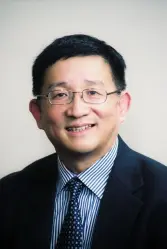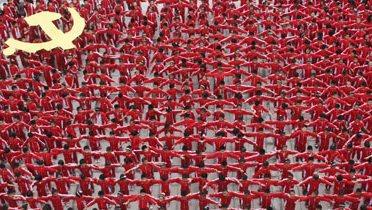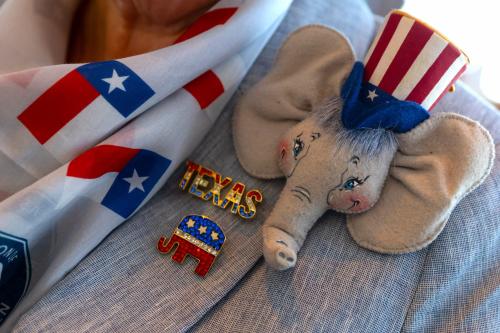INTRODUCTION
This final part in the series on China’s midterm jockeying for the 2012 leadership succession focuses on the apparatchiks, or functionaries, of the Chinese Communist Party (CCP). This group includes several heavyweight contenders for the new top leadership and is particularly important at a time when the Chinese leadership is undergoing a largescale generational change. These party apparatchiks in fact control two of the most crucial functional domains of the Chinese political system: organization and propaganda. The Central Committee’s Organization Department is responsible for supervising or coordinating the turnover of the five tiers of the Party leadership (town, county, municipal, provincial, and central), which began early this year and will conclude at the 18th Party Congress in the fall of 2012. This process involves the replacement of thousands of current CCP officials by their younger colleagues.
Meanwhile, how to make CCP ideology relevant to the Chinese public, or perhaps just meaningful to the party officials at various levels of leadership, is a major challenge for party apparatchiks, especially those in the Central Department of Propaganda. The recent tightening of media control and the return of old-fashioned Maoist propaganda (as evident in Chongqing’s propaganda fanaticism, which is endorsed by some top leaders) seem to reflect the growing gap between the Party’s continuing effort at rigid ideological indoctrination and an increasingly pluralistic and rapidly changing society. This essay analyzes 56 of the top Party apparatchiks in terms of their characteristics and differences in terms of career paths, factional identities, and political status. In conjunction with this analysis, the essay also discusses a number of contending governance mechanisms in the 90-year-old CCP in its struggle for survival and revival.



